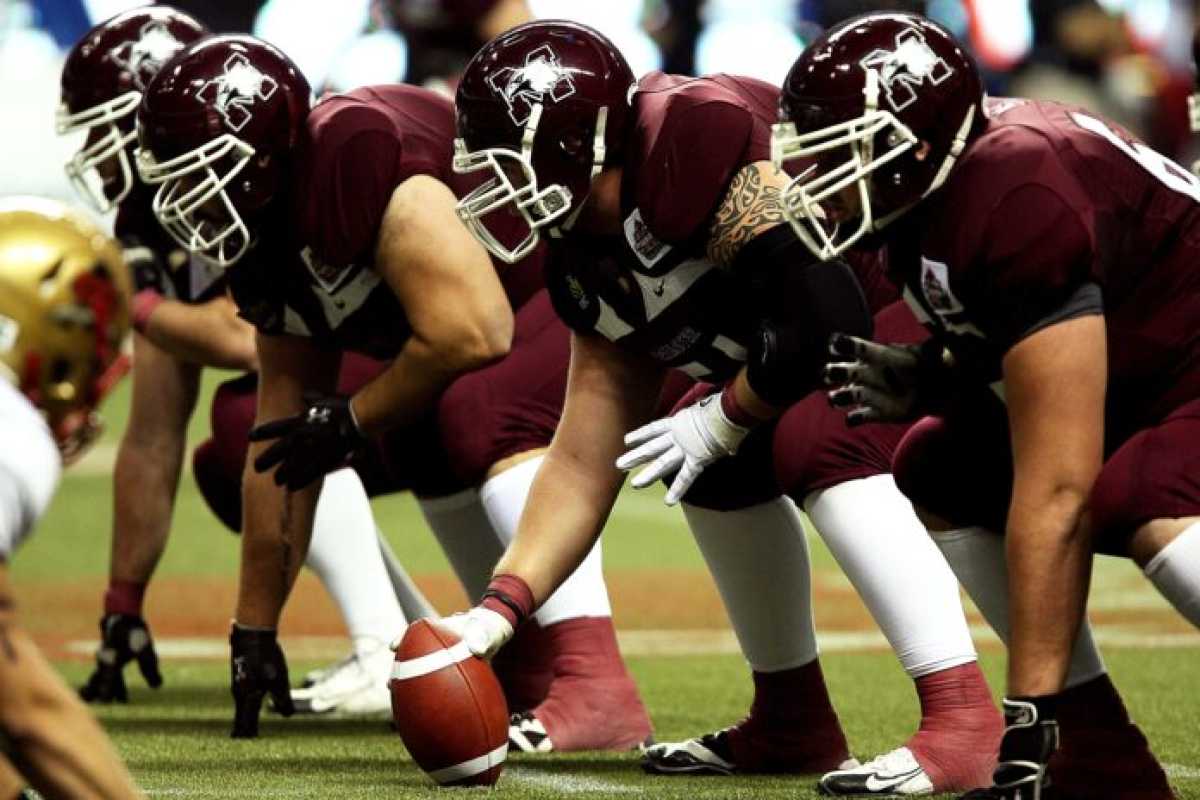Features
The Role Of Social Media In Shaping Sports Culture

Social media has become an integral part of our daily lives, influencing various aspects of society, including the world of sports. With the rise of platforms such as Facebook, Twitter, Instagram, and YouTube, athletes, fans, and sports organizations have found new ways to connect and engage with each other. This article explores the significant role that social media plays in shaping sports culture.
1. Global Reach and Instant Access
Social media platforms provide athletes and sports organizations with a global reach like never before. Through their posts, updates, and videos, athletes can connect directly with their fans across the world. This instant access fosters a sense of community and allows athletes to communicate their thoughts, emotions, and experiences to their followers in real-time. Likewise, fans can interact with their favorite athletes, providing them with the unique opportunity to feel closer to the sports they love.
2. Breaking News and Highlights
Social media has revolutionized how we consume sports news and highlights. Gone are the days of waiting for the morning newspaper or evening news to catch up on the latest scores or game highlights. Now, fans can follow their favorite sports teams, leagues, and journalists on social media platforms and stay instantly updated. Whether it’s a game-changing play or a trade rumor, social media allows fans to stay informed and discusses the latest happenings in the sports world.
3. Athlete Branding and Sponsorships
Social media has given athletes the power to build and enhance their personal brand. By sharing aspects of their daily lives, training sessions, and behind-the-scenes footage, athletes create a unique connection with their followers. This connection not only strengthens their fan base but also attracts sponsorships and endorsements. Companies are now turning to social media influencers, including athletes, to promote their products and services to a highly engaged and dedicated audience.
4. Fan Engagement and Interaction
Social media platforms have transformed the relationship between fans and athletes. Fans can now engage with their favorite athletes through likes, comments, and shares, creating a two-way communication channel that was previously unavailable. This interaction allows fans to feel valued and connected, fostering a deeper sense of loyalty towards both the athletes and the sports they represent. Social media also provides opportunities for athletes to engage in charitable causes, promoting positive change and impacting society.
5. Amplifying Underrepresented Sports
Social media has played a crucial role in amplifying underrepresented sports and athletes. Historically, certain sports and athletes received less media coverage, limiting their exposure to fans and potential supporters. However, with social media, athletes from diverse sports backgrounds can share their stories, accomplishments, and challenges, breaking down barriers and reaching a wider audience. This increased visibility not only benefits individual athletes but also promotes diversity and inclusivity within the broader sports culture.
6. Fan-driven Content Creation
Social media has empowered fans to become content creators and curators. Platforms like YouTube and TikTok have given rise to fan-driven channels and accounts that produce sports-related content, including analysis, commentary, and memes. This content encourages discussions, allows fans to showcase their passion and knowledge, and adds an extra layer to the overall sports experience. Additionally, fans can create communities centered around specific sports teams or events, fostering camaraderie among fellow supporters.
7. Virtual Sports Communities
Lastly, social media has created virtual sports communities where fans can interact with each other, regardless of their geographical location. Through Facebook fan groups, Twitter threads, and Reddit communities, fans of a particular sport or team can connect, share their thoughts, debate, and celebrate together. These online communities provide a sense of belonging and allow individuals to find like-minded individuals who share their passion for the same sport.
In conclusion, social media has had a profound impact on shaping sports culture. Its influence reaches far beyond the game itself, as it connects athletes, fans, and sports organizations across the globe. The instantaneous nature of social media enables real-time interactions, breaking news updates, and highlights. It also offers athletes a platform to develop their personal brand and attract sponsorships. Moreover, social media fosters deeper fan engagement, amplifies underrepresented sports, and facilitates fan-driven content creation. With its ability to connect people, social media continues to shape the way we experience and celebrate sports.










